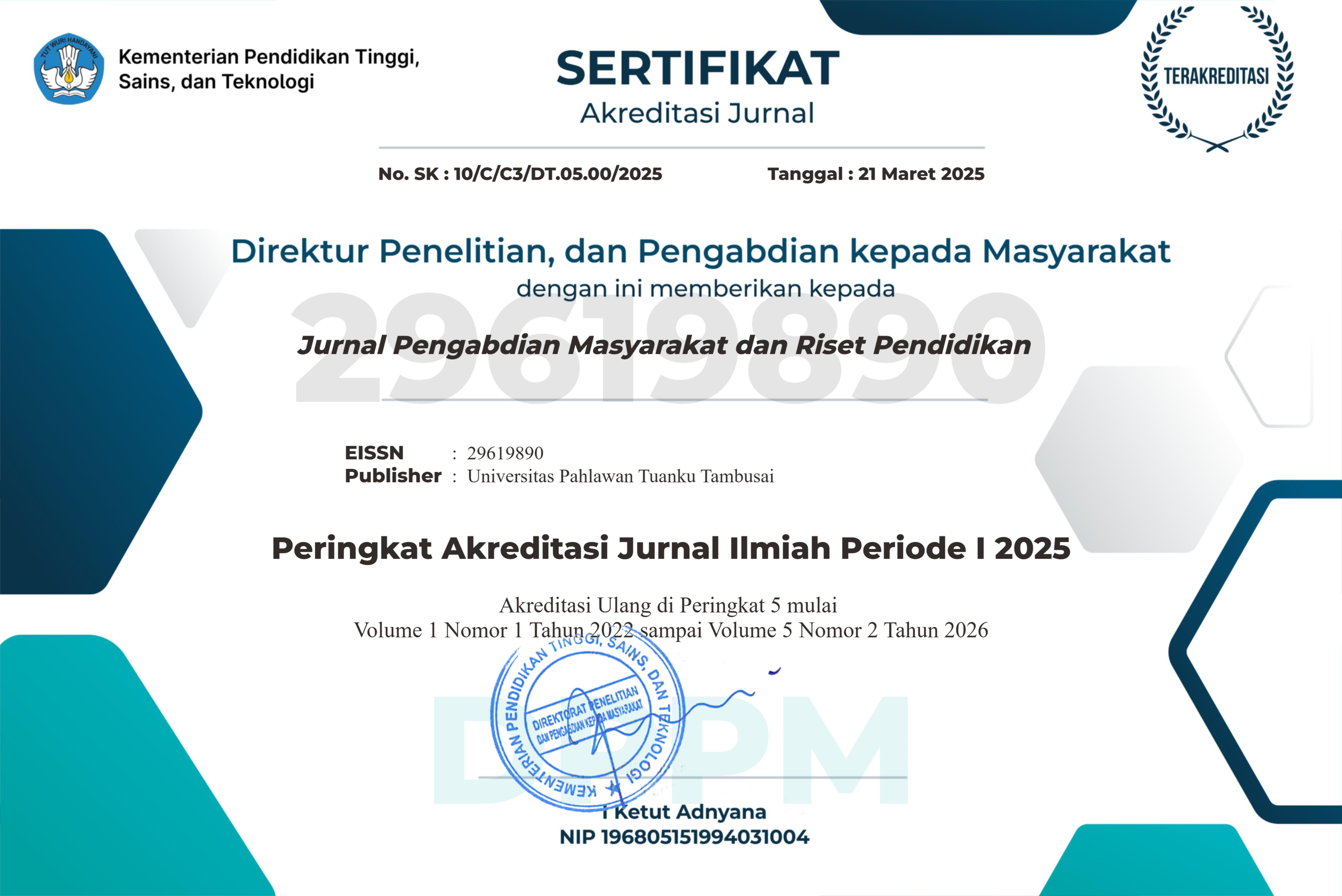Empowering Digital Literacy through Wattpad: Bridging Creativity, Reading, and Writing in Education
DOI:
https://doi.org/10.31004/jerkin.v2i3.237Keywords:
Digital Literacy, Creativity, Writing in EducationAbstract
This community service investigates the impact of Wattpad, a social media platform, on students' interest, creativity and digital literacy within the framework of the digital literacy movement. Results show that Wattpad positively influences students' engagement in reading and writing, offering a space for aspiring writers to showcase their ideas and fostering constructive communication between writers and readers. Wattpad's digital literacy potential is clear in its aspirations as a digital service provider, helping students access diverse literary content and resources. This study emphasizes the need for careful management of content to conform to moral and literacy standards. Wattpad has tremendous promise as a digital literacy tool, especially in educational settings. Integrating Wattpad into formal education curricula can offer deep literacy experiences, foster creativity, critical thinking, and meet the needs of the ever-evolving modern digital world. In conclusion, this research underscores the importance of digital literacy in the current era and positions Wattpad as a valuable tool for developing literacy skills, creativity, and fostering a love for reading and writing among students.
References
Amhag, L. (2019). Teacher Educators’ Use of Digital Tools and Needs for Digital Competence in Higher Education. Journal of Digital Learning in Teacher Education, 35(4), 203–220. https://doi.org/10.1080/21532974.2019.1646169
Norman, E., & Furnes, B. (2016). The relationship between metacognitive experiences and learning: Is there a difference between digital and non-digital study media? Computers in Human Behavior, 54, 301–309. https://doi.org/10.1016/j.chb.2015.07.043
Prayuda, M. S., Ginting, Y. A., Afrilia, D., & Dharma, W. (2023). THE The Effect of Extensive Reading Strategy on Students’ Reading Comprehension at Smp Dharma Wanita In The Academic Year Of 2023/2024. Journal of English Language Learning, 7(2), 421–431. https://www.ejournal.unma.ac.id/index.php/jell/article/view/6581
Prayuda, M. S., Juliana, J., Ambarwati, N. F., Ginting, F. Y. A., & Gultom, C. R. (2023). Students’ Writing Error in Parts of Speech: A Case Study of EFL Students. Jurnal Educatio FKIP UNMA, 9(2), 659–665. https://doi.org/10.31949/EDUCATIO.V9I2.4419
Shaping Digital Education. (2023). Shaping Digital Education. https://doi.org/10.1787/BAC4DC9F-EN
Syahid, A. A., Hernawan, A. H., & Dewi, L. (2022). Analisis Kompetensi Digital Guru Sekolah Dasar. Jurnal Basicedu. https://jbasic.org/index.php/basicedu/article/view/2909
Downloads
Published
How to Cite
Issue
Section
License
Copyright (c) 2024 Reflina Sinaga, Sondang Erita Simanjuntak, Medina Novita Ginting, Florentina Tarigan, Agustariana Br Pinem

This work is licensed under a Creative Commons Attribution-ShareAlike 4.0 International License.















